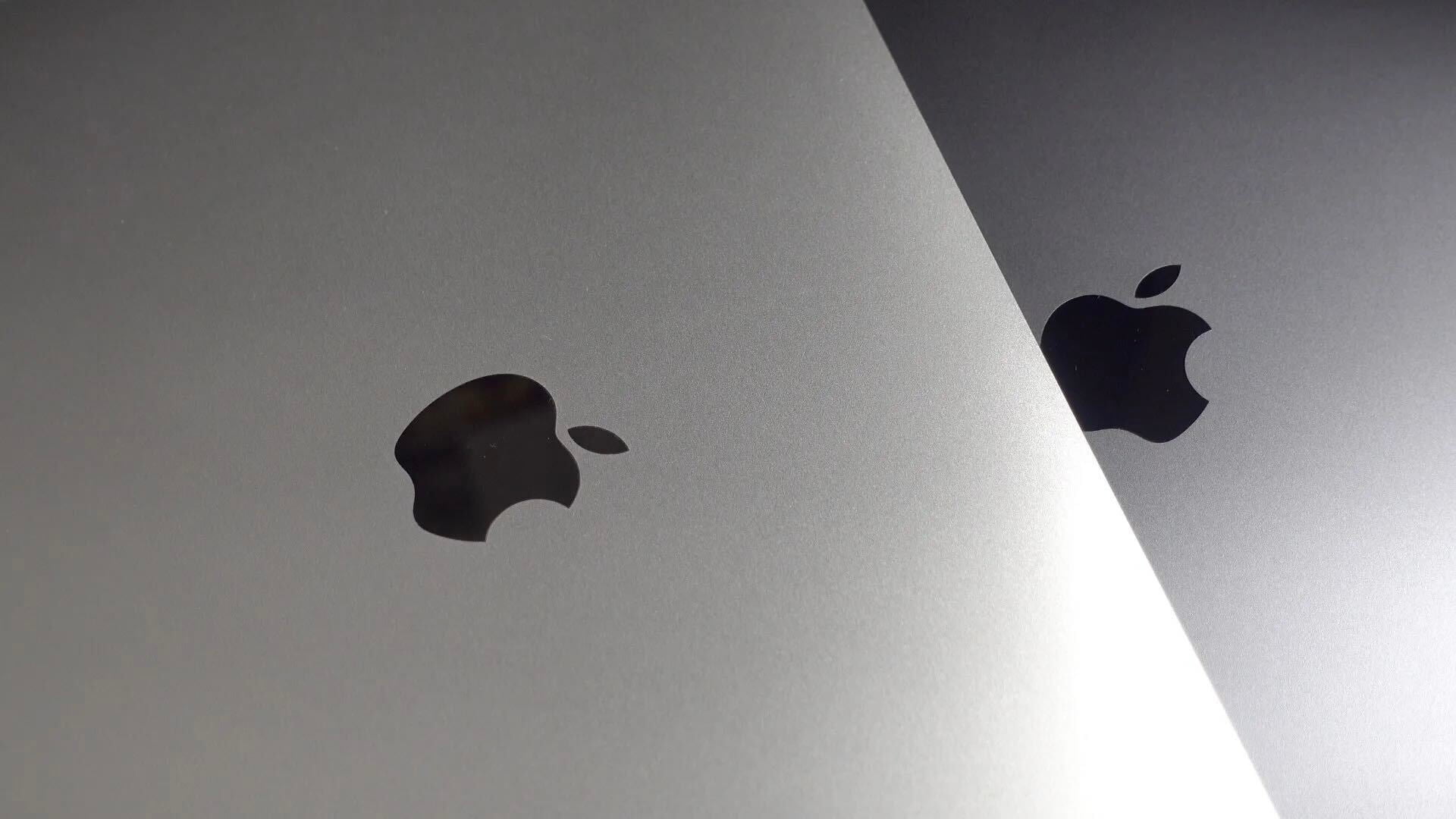Steve Wozniak says the FBI “picked the lamest case you ever could” [Video]


Appearing on Conan last night, Woz said that he sided with Apple in the FBI fight, first because he’s always been strong on human rights, as one of the founders of the Electronic Frontier Foundation, but because governments shouldn’t be able to tell manufacturers to make their products insecure at a time when security is so important.
He argued that there is absolutely no reason to think the FBI would learn anything from the iPhone in question.
They picked a lame case. They picked the lamest case you ever could […]
[For the shooters’ own phones] Verizon turned over all the phone records, all the SMS messages. So they want to take this other phone, that the two didn’t destroy, which was a work phone, and it’s so lame and worthless to expect something’s on it and get Apple to expose it.
Revealing that he had once written something that could have acted as a Macintosh virus, he said he’d thrown away every line of code because he was so scared of what might happen if the code got out …

